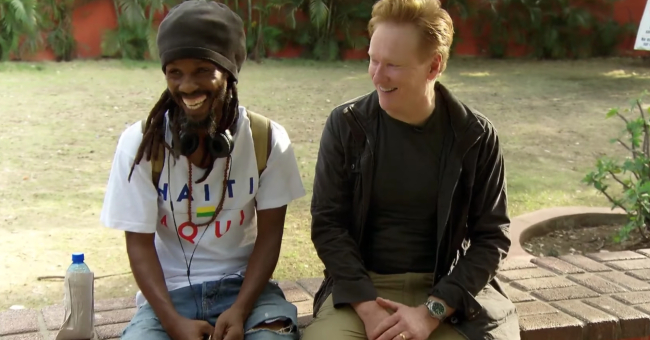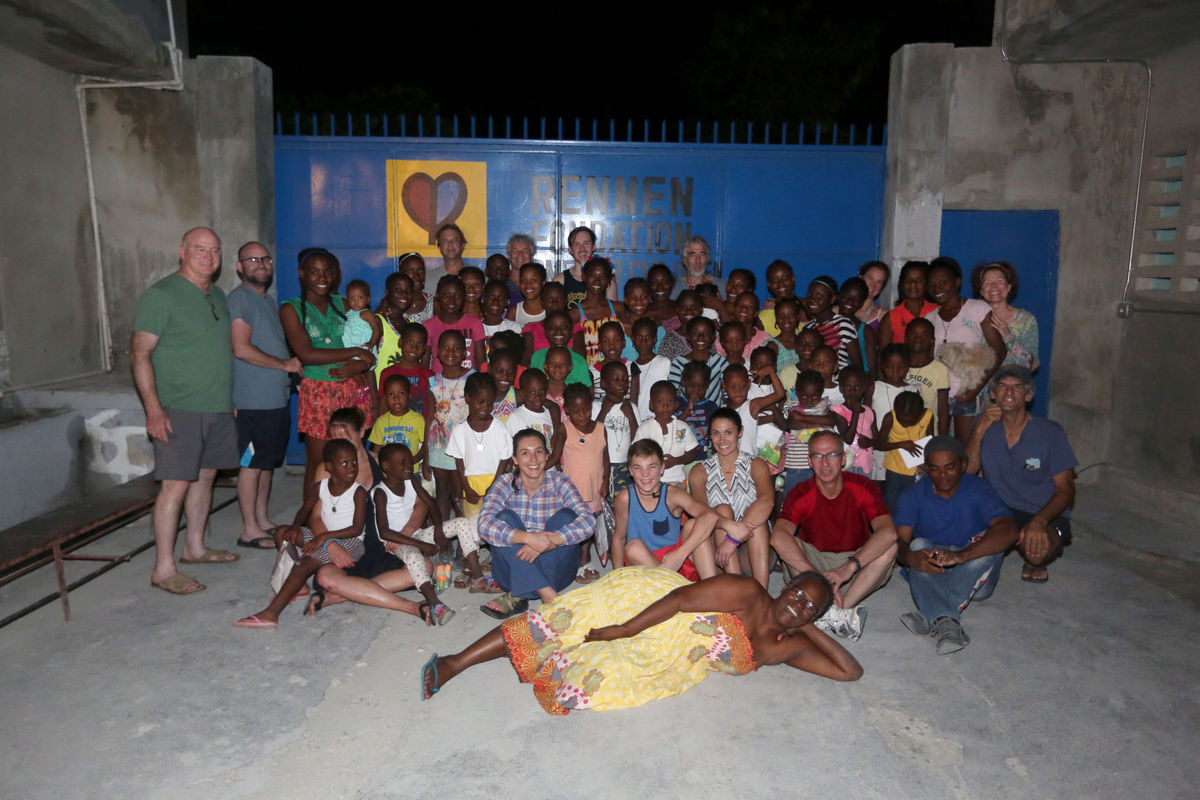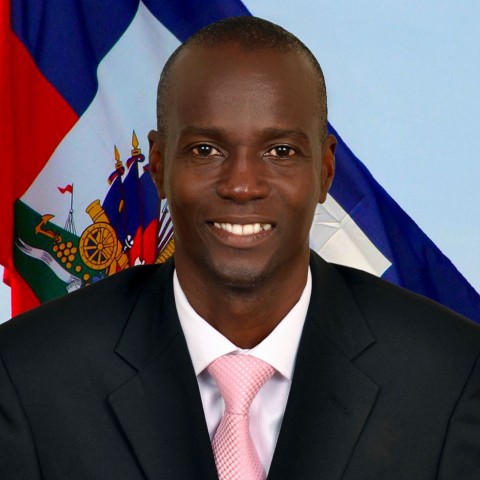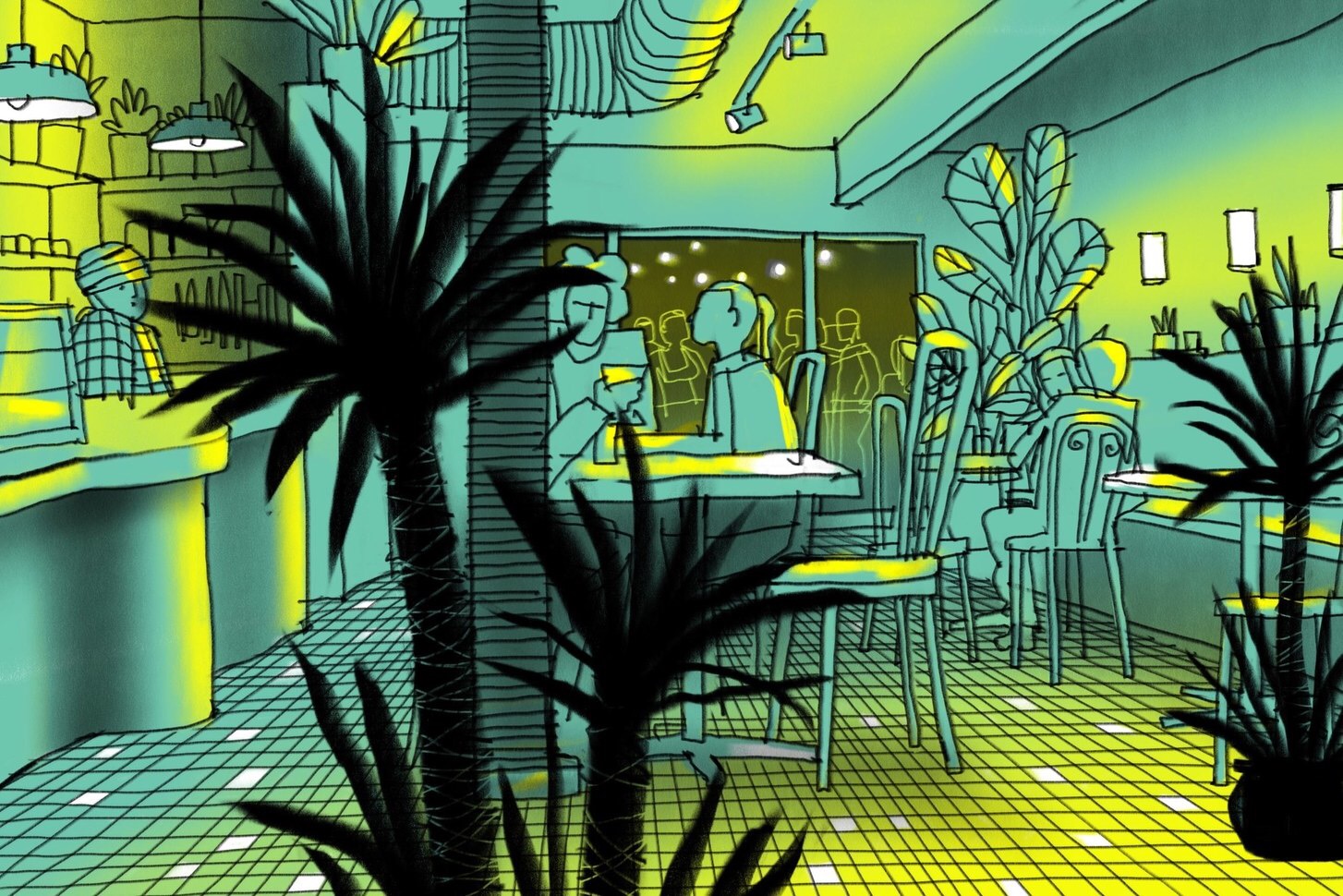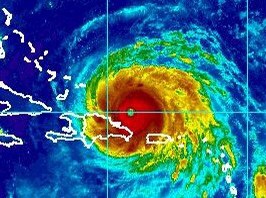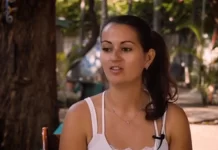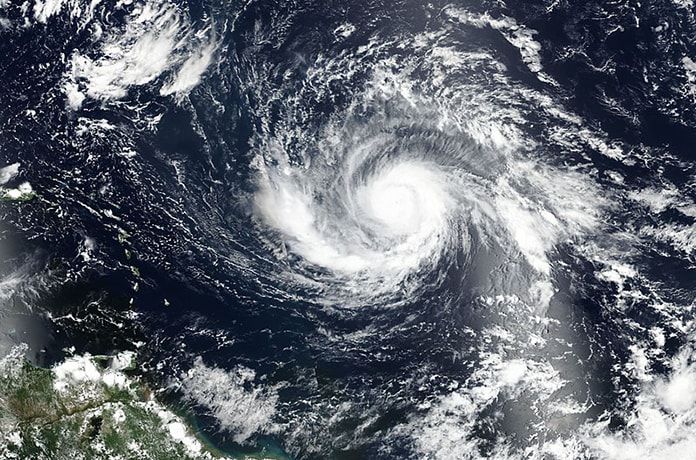During Saturday night’s Conan In Haiti special, Conan O’Brien encountered a crowd of Haitians who were uneasy with the presence of someone they perceived to be an American journalist after President Trump (allegedly?) called Haiti a shithole (or a shithouse, as some contend). In order to win over the group, O’Brien told them, “[the] reason I’ve come to Haiti is because I and a lot of Americans are angry at what President Trump said, so I wanted to come here and show positive, great beautiful things about Haiti.” But while Trump’s words were inextricably linked to O’Brien and his crew’s journey, and while his name certainly came up often when the late night host interacted with Haitian citizens, the special wasn’t really about Trump.
To get technical, Trump’s remarks aren’t necessarily what sparked O’Brien’s exploratory trip. CNN anchor Anderson Cooper’s stirring words in response to Trump and in favor of Haiti helped to inspire O’Brien to seek an understanding of the country beyond a crude label and glimpses of the worst parts of it on the news. That’s a big part of O’Brien’s Conan Without Borders specials: to listen and learn about places that, despite technology’s awesome reach, remain walled off from many of us. That, and to make people laugh while transcending language and cultural barriers, two things that, as O’Brien demonstrated in the Conan In Haiti special, go hand in hand.
To accomplish their mission before another round of Trump gaffes somehow made people forget about the “shithole” remark, the Conan team went into overdrive. Thankfully, they had a lot of help. Conan producer and writer Mike Sweeney tells Uproxx that a collection of journalists, celebrities, and prominent Haitians reached out to the show as soon as the special was announced. “Thanks to the outpouring of suggestions and assistance,” Sweeney says, “we were able to figure out where to visit in and around Port-au-Prince on only three days’ notice.”
Unfortunately, the tight schedule led to some limitations for the nimble production of just nine on-the-ground crew members (including O’Brien). “There are many beautiful sites in northern and southern Haiti we were dying to visit, but we couldn’t pull it off on such a tight schedule,” said Sweeney, who did note that they got to make one 90-minute trip to a beach.
Unsurprisingly, some on the right took issue with the special (sight-unseen) as well as O’Brien’s remarks and social media posts, saying they all fed into the idea that Haiti is a flawless and majestic locale. But portraying Haiti in that wholly positive light was never the goal, according to Sweeney.
“Our intent was always to try and present a balanced picture of Haiti, both the bad and the good, but primarily, through Conan’s one-on-one interactions, shine a light on the amazing strength, warmth, and wit of the Haitian people.”

TBS
Whether critics will be silenced after seeing the special is unknown. Trump supporters will be uncomfortable watching as Haitian citizens roast Trump, but they should push past that and still listen to the impassioned history lesson delivered by one man (a moment that aired twice in the special, including at the very end) and the proud elementary school-age girl with a strong opinion on US-Haitian relations. Most importantly, they (and all viewers) should open their eyes to the diverse picture Conan painted with this special because there is clearly a complexity to the place that supersedes any one-word assessment, good or bad.
Hope, joy, pride, and passion were all on display in O’Brien’s interactions with the Haitian people as he goofed off, danced, and got caught in the act of learning while touring a school for the poor, riding in the back of a tap-tap (the colorful vehicles used as cabs), learning about Haiti’s culinary culture, and, most importantly, talking to people.
While there were plenty of positives covered in the special, O’Brien didn’t exactly ignore Haiti’s challenges. He explained that while the purpose of the trip “was to highlight the positive attributes of Haiti and its people […] It’s impossible to ignore Haiti’s ongoing crises,” before listing off statistics and showing images that make it clear that many Haitians struggle to live healthy and happy lives. That’s the Haiti many of us are familiar with, which means, in the absence of contrast, it becomes the only Haiti that exists. And that’s why it was so important that O’Brien pivoted from that brief exploration of Haiti’s troubles to a segment highlighting a group of expatriate women who returned to Haiti to grow businesses and the economy.
There is hope in the story of that group — D.O.T. Haiti — and a connection to the idea of a better Haiti than the “shithole” narrative allows for; a narrative that assumes Haitians are sitting in rubble while dreaming about America’s gold-covered streets. People aren’t supposed to want to return to Haiti and they aren’t supposed to think about the future or ways that they can secure it with their own two hands. And yet, as the Conan In Haiti special demonstrated, they have and they do.
The Conan In Haiti special also stands as a reminder of a fact that’s too easy to forget: Trump may be president, but he is not solely responsible for defining these times. Ultimately, it comes down to how we respond to him. Do we nod approvingly without investigation? Do we throw our hands up and turn away from the debate when we’re outraged by his actions or his remarks? Or, do we embrace that third option where we examine his words and actions and also reexamine our own preconceived notions, opening ourselves up to new ideas in the process? Conan In Haiti wasn’t about Trump, it was about looking at Haiti with fresh eyes and an open mind.
By: JASON TABRYS | UPROXX | January 29, 2018




























![Phyllisia Ross – KONSA [Official Music Video]](https://haitiville.com/wp-content/uploads/2014/08/phyliisia.jpg)
